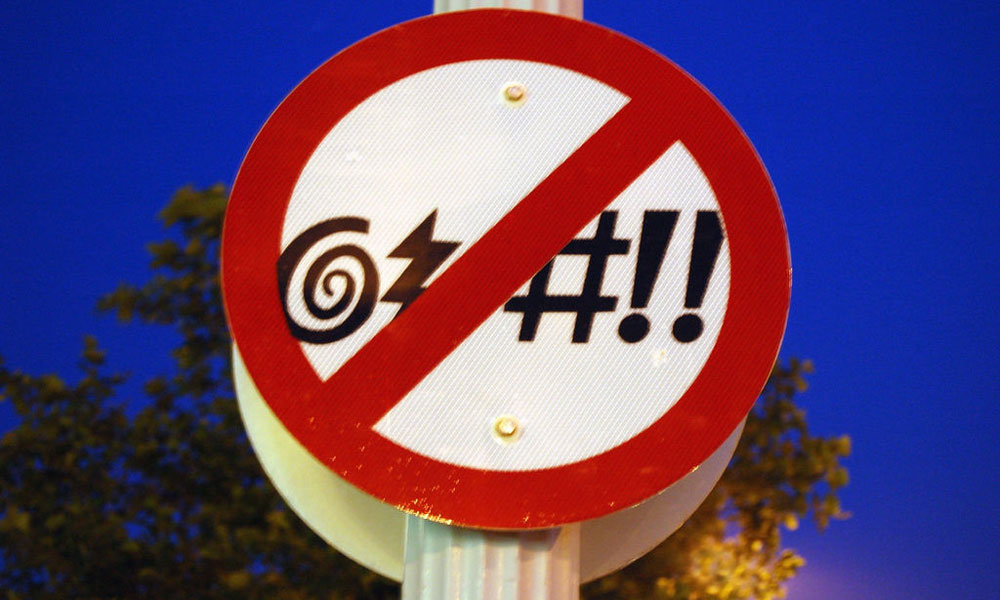
Associations Weigh In on FCC Plan to Loosen Indecency Rules
The Federal Communications Commission has been inundated with angry public comments about its plan to ease TV restrictions on profanity and nudity. But in an age of widespread media consumption online, broadcasters and other media associations say the changes are needed.
In April, the Federal Communications Commission (FCC) solicited public comment on its plan to ease restrictions on profanity and nudity on television. The response was overwhelmingly negative.
“The public is outraged,” attorney Patrick Trueman, president and CEO of the nonprofit Morality in Media, told The Hill.
According to the Washington, DC, newspaper, the FCC fielded more than 100,000 comments, “the vast majority in opposition to the proposed changes.”
The rationale for broadcaster-specific limits on ‘indecent’ speech has crumbled under the weight of changes in technology and media consumption.
The FCC was forced to review its indecency rules after the U.S. Supreme Court held last year that they weren’t clear enough. The commission has reduced a backlog of more than a million indecency complaints by 70 percent since then, in large part by dropping cases. The agency’s goal is to stop strict enforcement of standards and to pursue egregious offenders.
In April, the Parents Television Council called the plan “deeply vexing” and said that the FCC was supposed to work for the public, not the entertainment industry. PTC President Tim Winter also insisted “that the FCC give greatest heed to the voices of those who own the airwaves and who continue to support the broadcast decency law as necessary to protect their children.” The council wrote in June that the FCC “has failed in its responsibility to adjudicate complaints based on the merits on each case while inexplicably claiming that it has not changed any policy.”
Other groups support an overhaul of the rules.
“The rationale for broadcaster-specific limits on ‘indecent’ speech has crumbled under the weight of changes in technology and media consumption,” the National Association of Broadcasters wrote to the FCC. “Children in particular enjoy unfettered access to content via devices that they carry in their pockets and backpacks—access that usually involves no subscription or special parental involvement. In this environment, the constitutionality of a broadcast-only prohibition on indecent material is increasingly in doubt.”
According to a FMQB.com news report, a group of broadcasters led by Beasley Broadcast Group, Entercom, Galaxy Communications, Greater Media, Journal Broadcast Group, and Lincoln Financial wrote to the FCC that “a substantial change from current broadcast indecency policies is fully warranted.” The group also said the commission “should not in the future punish broadcast licensees for airing fleeting or isolated expletives or nudity; it should never have done so.”
The Student Press Law Center filed comments with the FCC in support of a more lenient penalty system. “The threat of financial ruin, combined with the uncertainty engendered by an unpredictable enforcement regime, has chilled collegiate broadcasters’ speech,” the group wrote. “The FCC has forced collegiate broadcasters to adopt policies that favor self-censorship over free speech.”
(photo by Chris James/Flickr)






Comments